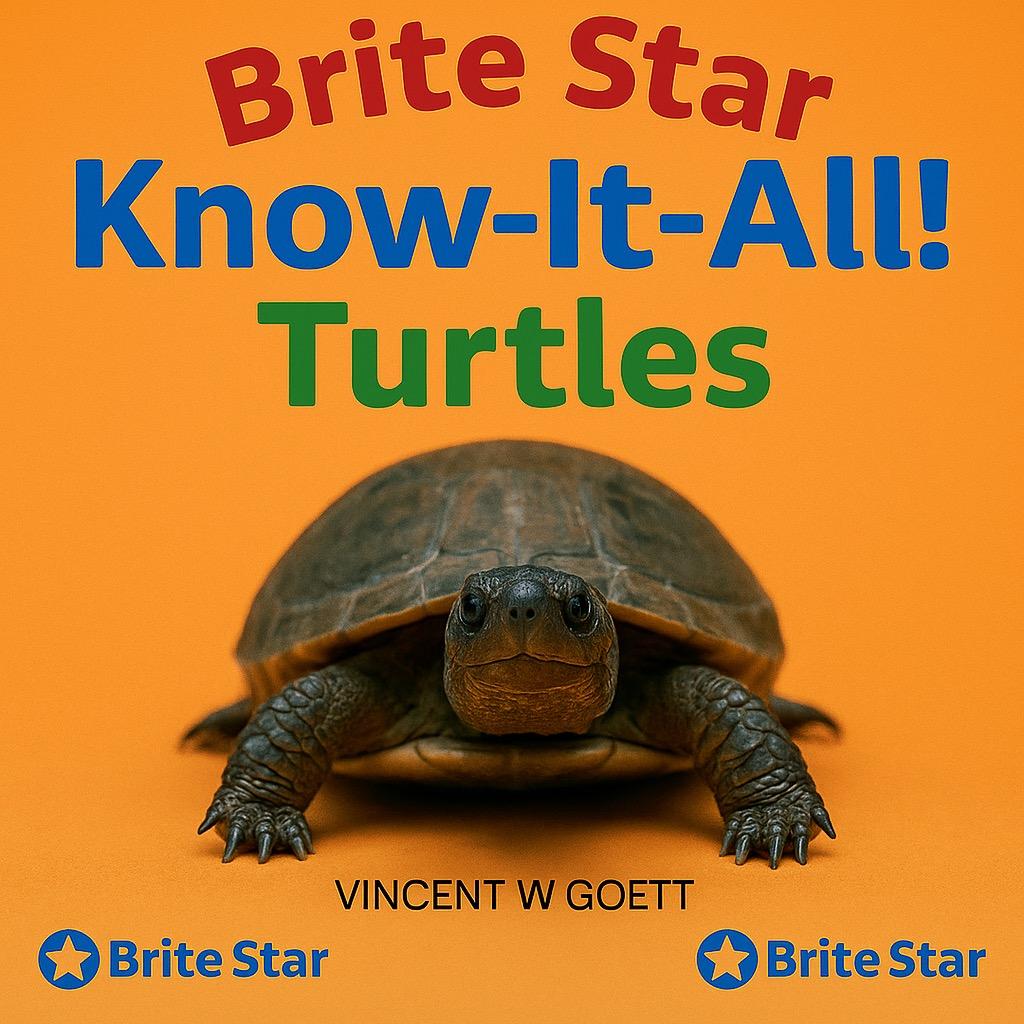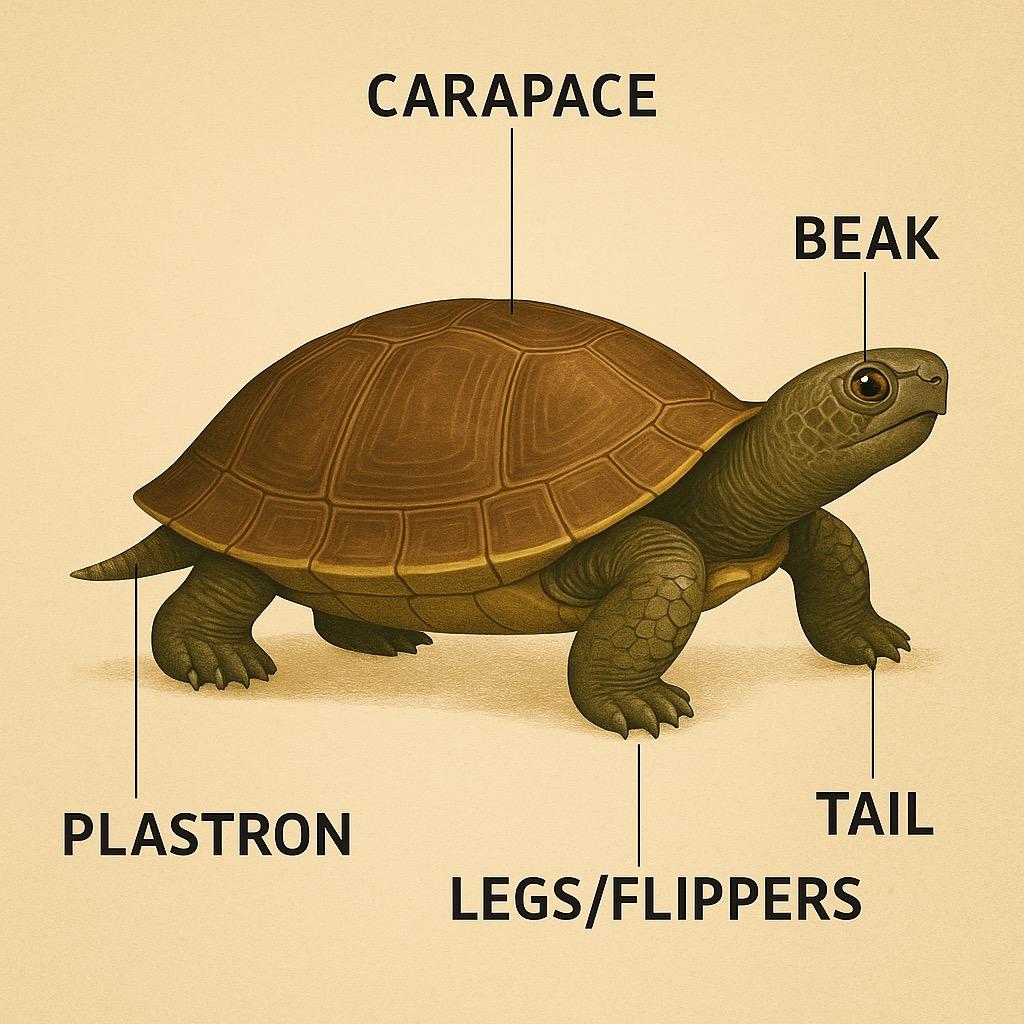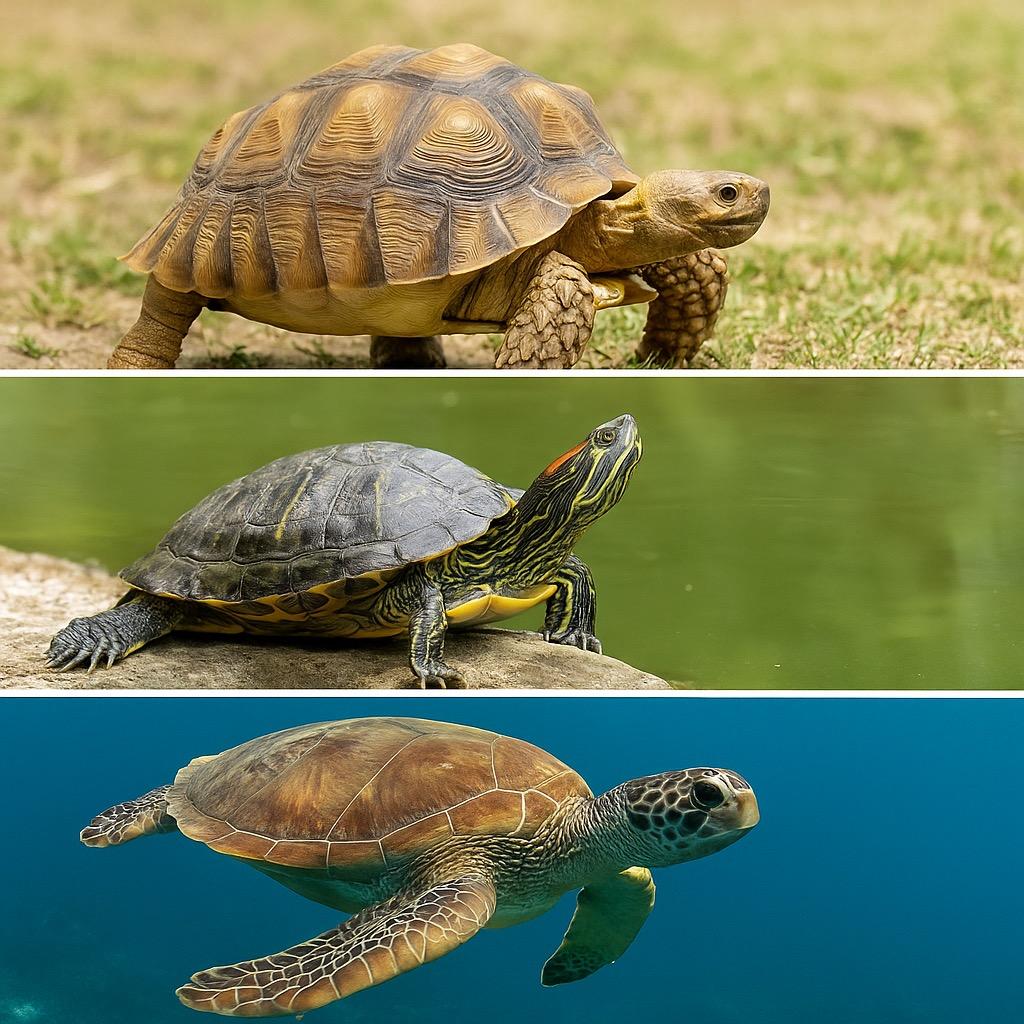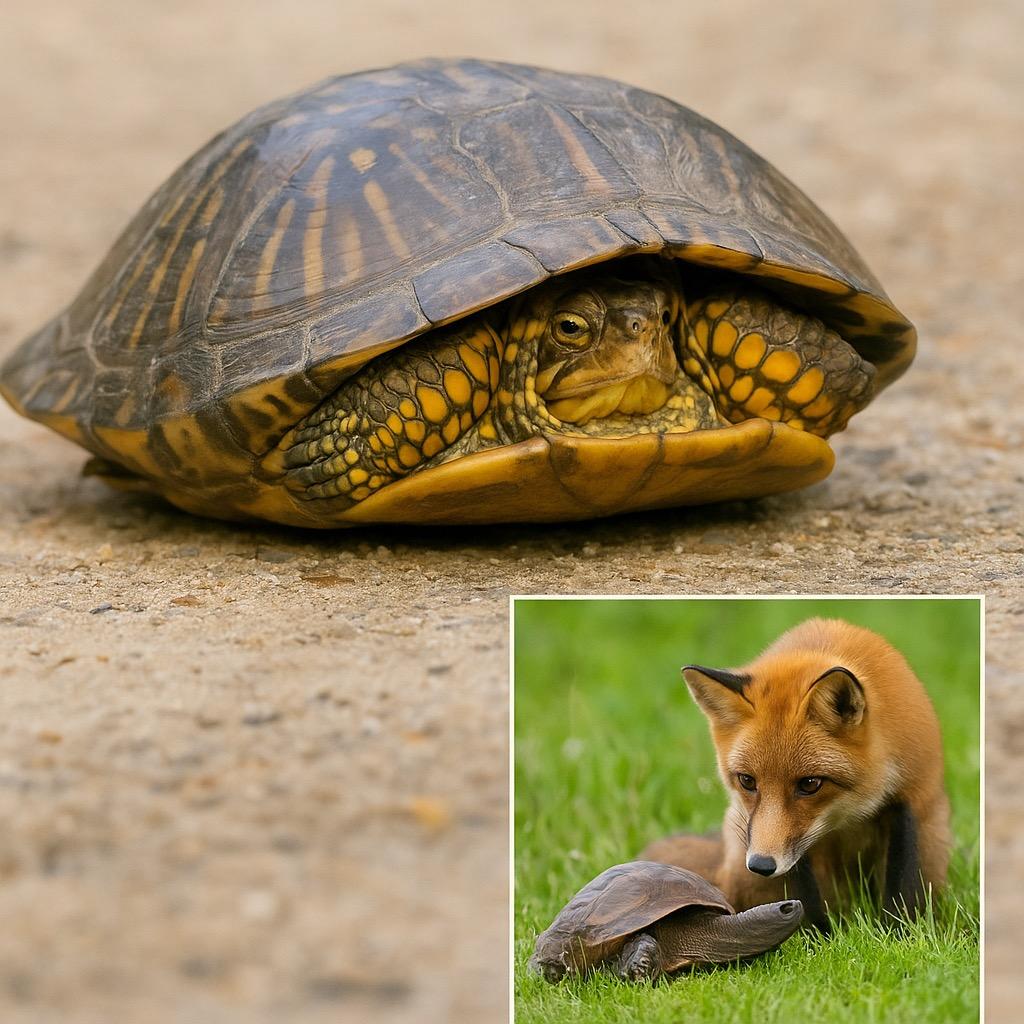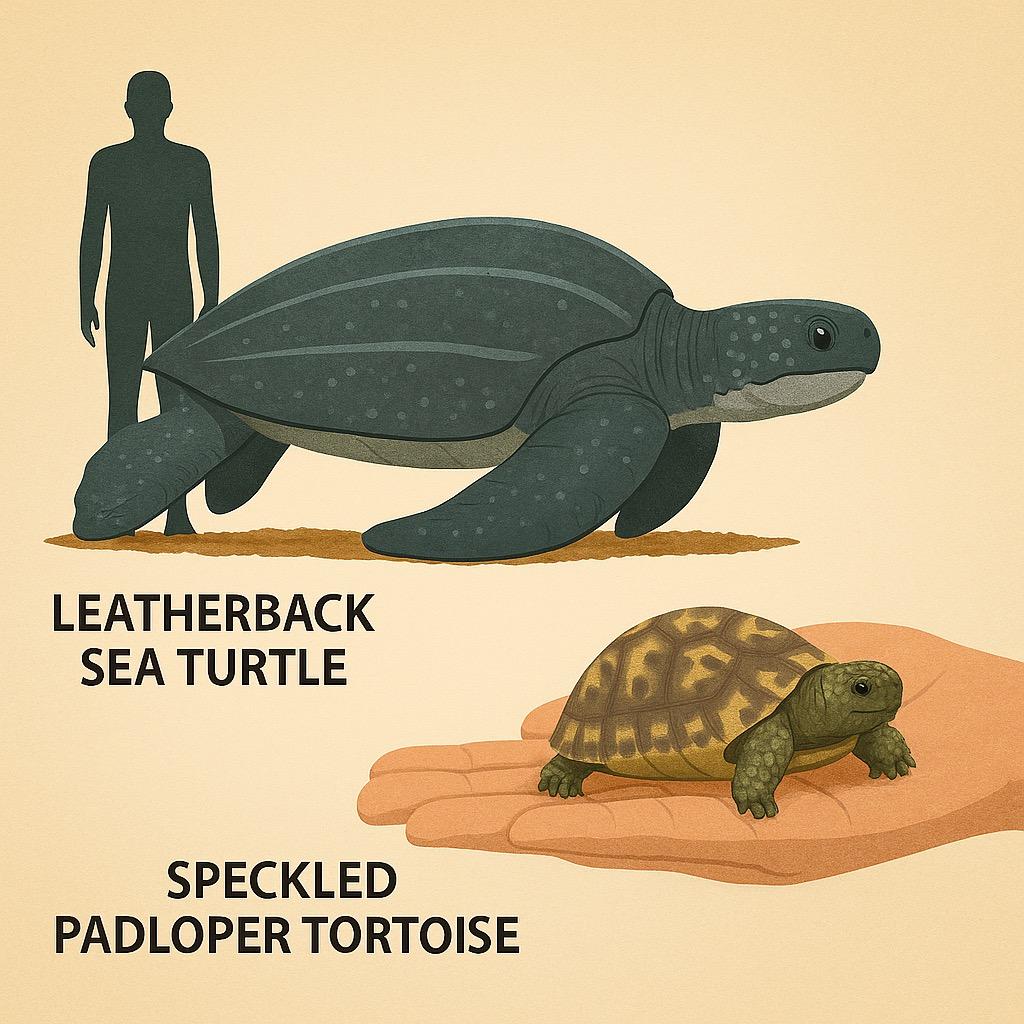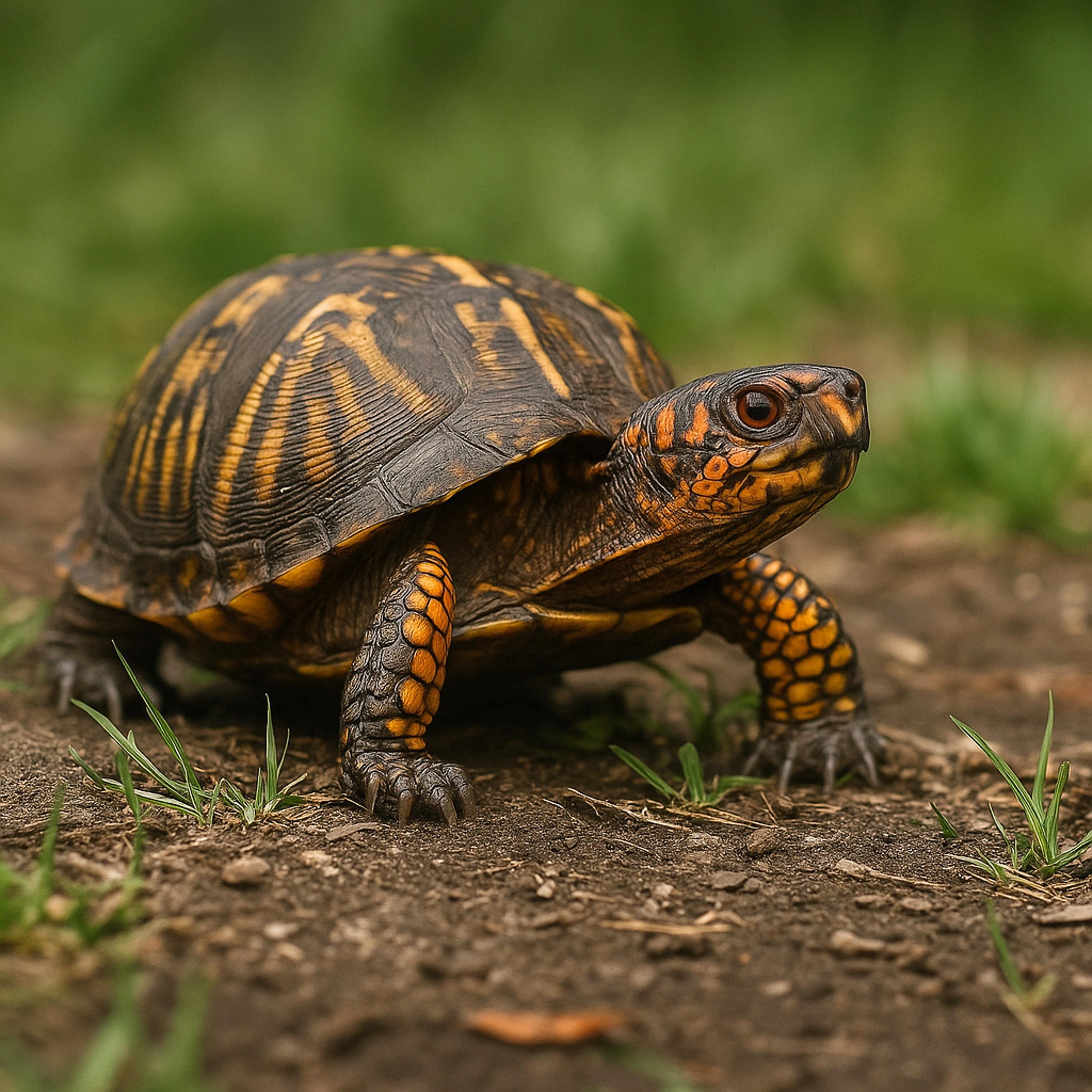Curious minds, get ready to explore!
Welcome to the Brite Star Science: Know -ItAll! series — where learning is an adventure! In this collection, you’ll discover amazing facts, meet fascinating creatures, and explore the wonders of our world. From animals and weather to nature’s mysteries and the marvels of science, each book is packed with bite-sized knowledge and incredible illustrations to make learning fun.
Part of the Brite Star Museum of Science, these books are designed to spark curiosity and inspire discovery. Whether you’re reading about roaring dinosaurs, shimmering butterflies, or explosive volcanoes, you’ll find exciting stories and real science in every page.
What is a Turtle?
Turtles are reptiles with a bony shell that protects their body. They have no teeth, but their beak-like mouths help them bite and tear food. Turtles can live on land, in freshwater, or in the ocean.
Where
Turtles Live Turtles are found on every continent except Antarctica. They live in a variety of environments, including rivers, lakes, ponds, forests, grasslands, and coastal waters.
Turtle Anatomy
A turtle’s shell is made of two parts: the top (carapace) and the bottom (plastron). They have strong, sturdy legs for walking or flippers for swimming, and they breathe air through their lungs.
Land, Freshwater, and Sea Turtles
Land turtles, like tortoises, have heavy, dome-shaped shells and sturdy legs. Freshwater turtles have webbed feet for swimming in ponds and rivers. Sea turtles have flippers for life in the ocean.
Turtle Diet
Depending on the species, turtles can be herbivores, carnivores, or omnivores.
They may eat plants, algae, insects, fish, or even jellyfish.
Turtle Shell Defense
A turtle’s shell protects it from predators. Some turtles can pull their head, legs, and tail inside their shell, while others rely on their hard shell and strong bite to stay safe.
Migration and Travel
Sea turtles travel thousands of miles across the ocean to feed and return to the beaches where they were born to lay eggs. Freshwater and land turtles may move shorter distances to find food or mates.
Turtle Families
There are over 350 species of turtles in 14 families, each adapted to its habitat. These range from giant leatherback sea turtles to tiny bog turtles.
Record-Breaking Turtles
The leatherback sea turtle is the largest turtle, weighing up to 2,000 pounds. The speckled padloper tortoise is the smallest, growing to only about 3 inches long.
Fun Fact Page Fact: Some turtles can live for more than 100 years, making them one of the longest-living animals on Earth.
Brite Star Know It ALL Discover the Wonders of Science!
The Brite Star Science: Know-It-All! series is filled with fascinating facts, colorful illustrations, and fun, bite-sized learning. From animals and weather to nature’s mysteries and the marvels of our planet, each book turns curiosity into discovery.
Part of the Brite Star Museum of Science, this series inspires young readers to explore, ask questions, and see the world in exciting new ways.
� Animals, Earth, Weather, Nature & More � Bite-sized learning packed with wow moments � Perfect for science lovers ages 5 and up
Available now on Brite Star+ and in the Brite Star Store
All books free — start your adventure today!
Discover more about the World of Brite Star and explore our array of fine products at BriteStarWorld.com.

